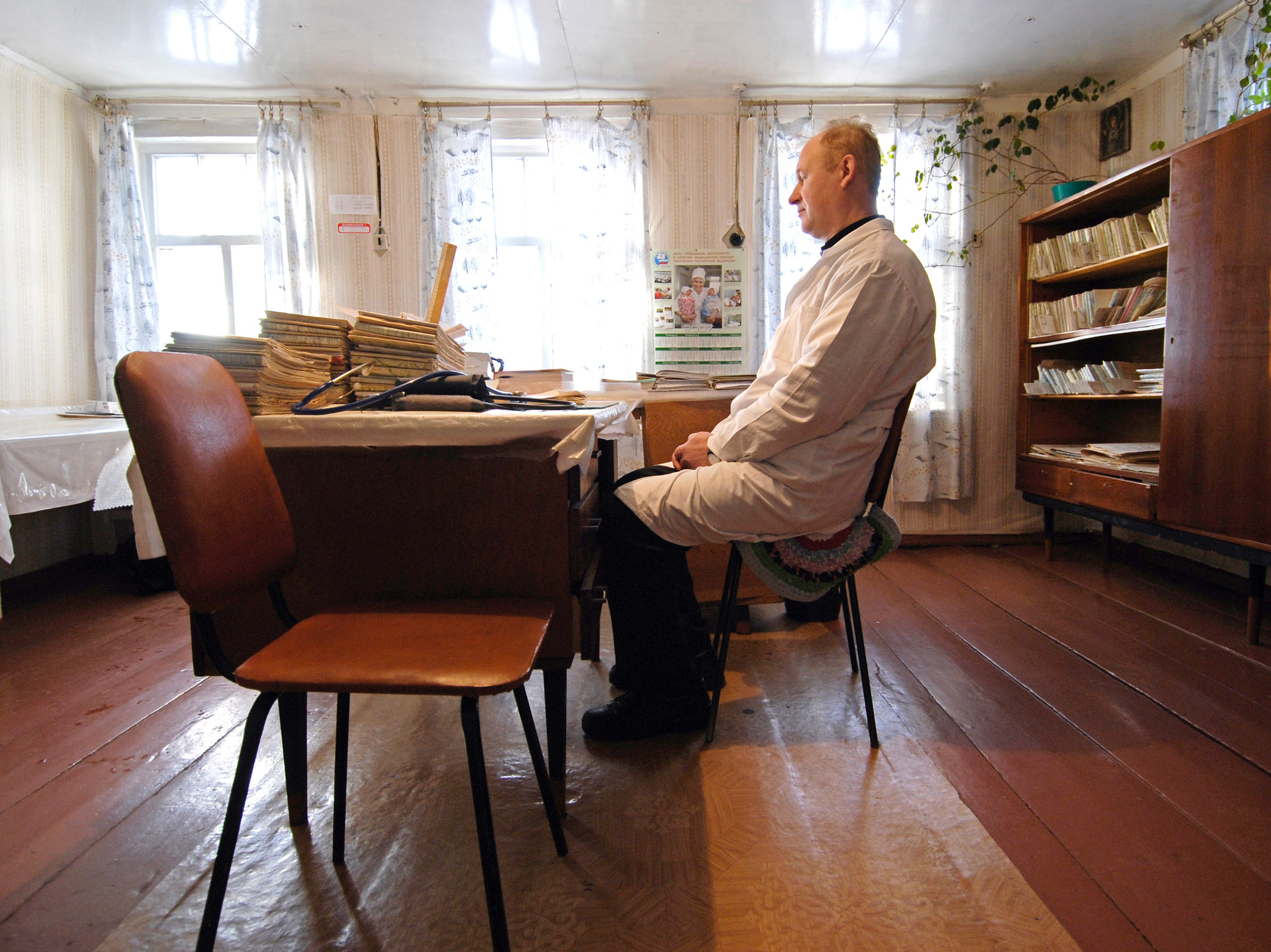In Russia, they propose to develop the social program “Zemsky Rabochiy”, within the framework of which targeted support would be provided for representatives of scarce professions. A member of the State Duma Committee on Budget and Taxes Viktor Zubarev came up with such an initiative and sent a proposal to the Minister of Labor and Social Protection of the Russian Federation Maxim Topilin. RT reviewed the text of the document.
According to expert estimates to which the deputy refers, in many regions of Russia there is an acute shortage of employees with working specialties: locksmiths, turners, cooks and others.
Thus, according to the data of large job search services, the most popular and rare qualifications in the labor market in Russia has become the management of special equipment. Truck crane and excavator drivers are not enough in all federal districts, Zubarev said in his letter.
The top five ranking also included specialists in automation of accounting and enterprise management (ERP consultants), a packer, a doctor and a welder.
“The request for workers is confirmed by the vacancies of a locksmith, painter, turner. There are not enough job seekers in the cook and sewing workshops. The retail sector stably needs cashiers. The problems of the village are emphasized by getting on the short list of agronomists and livestock specialists, ”the letter says.
As a result of this situation, many employers are experiencing a shortage of personnel with the necessary qualifications, and some Russians are unable to find work because they do not have the necessary skills.
Due to the special shortage of workers in the regions, it is proposed to create a program for their relocation, training and social support on the ground.
“The situation of the“ attachment ”of representatives of scarce professions to zemstvos will help stimulate internal labor migration, improve the professional well-being of employers and employees, and stabilize the social conditions of scarce people,” said Zubarev.
Zubarev proposes to make the Siberian and Far Eastern federal districts pilot regions for the launch of the Zemsky Rabochiy project. A copy of the appeal was also sent to the presidential plenipotentiaries in these districts - Sergei Menyaylo and Yuri Trutnev.
In the Far Eastern Federal District and the Siberian Federal District, it is also proposed to create funds to support representatives of scarce working professions (with the participation of both state and private capital), from which raising funds and money for housing for workers will be allocated.
In addition, as part of the program, it is proposed to develop the institute of mentoring in scarce specialties, as well as to promote retraining and advanced training of workers in such professions in the field.
Zemsky difficulties
In his address, Viktor Zubarev notes that the Zemsky Worker project can be developed by analogy with the already existing state program Zemsky Doctor and Zemsky Teacher (will work in 2020).
In particular, the essence of the Zemsky Doctor program is that if young specialists move to work in small towns with a doctor’s education, they receive 1 million rubles of lifting equipment, housing and other benefits. Since 2012 (when the Zemsky Doctor was launched) tens of thousands of specialists have used the program.
- RIA News
- © Mikhail Mordasov
However, many doctors encountered difficulties in obtaining benefits, even when they had already moved from large cities to remote regions.
“The Zemsky Doctor program is not adequately resourced as we would like. Not by all specialties, there is still a certain limit of funds allocated in the regions for these purposes, not everyone who wants to receive them, is not enough for everyone. Employers, too, cannot offer such assistance for all positions that they have not closed. And the size of these payments is not so large. The workload, living conditions, and wage levels are so unattractive that this million often does not compensate for all these disadvantages, ”said Andrei Konoval, chairman of the All-Russian Health Workers Union.
The interlocutor of RT added that such a situation could arise in the case of the introduction of similar programs in other work areas.
“When it comes to doctors and teachers, the state is their employer. Established surcharges and benefits are paid from the federal budget. It is supposed to compensate for the low wages set by private employers at the expense of the state. This is nonsense, ”said Alexander Safonov, Vice-Rector of the Academy of Labor and Social Relations.
The working process
In turn, Alexander Shcherbakov, professor at the Department of Labor and Social Policy at the Institute of Public Administration and Management of the RANEPA, expressed the opinion that the “working” sphere really needs support, and the proposed program may become one of the solutions to the problem
“What is being offered is one of the options, and such programs can be quite effective. If such support should be provided, then it should be provided as assistance to a particular employer in hiring a specific employee, that is, there should be an addressable nature, ”Shcherbakov explained.
And the amount of lifting in this case can consist not only of state resources, but also at the expense of the employer, he added. Experts also agreed that, first of all, employers should develop a mechanism to increase the wages of workers, as well as to expand the social package for representatives of working professions.

